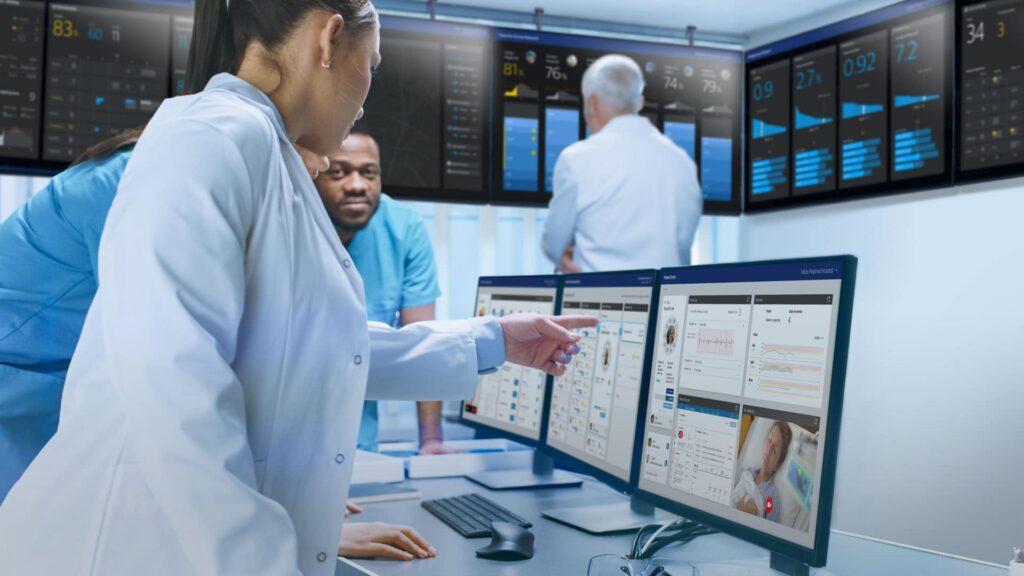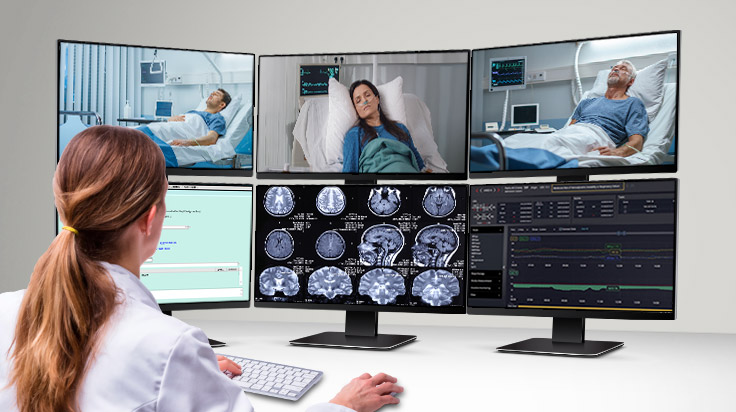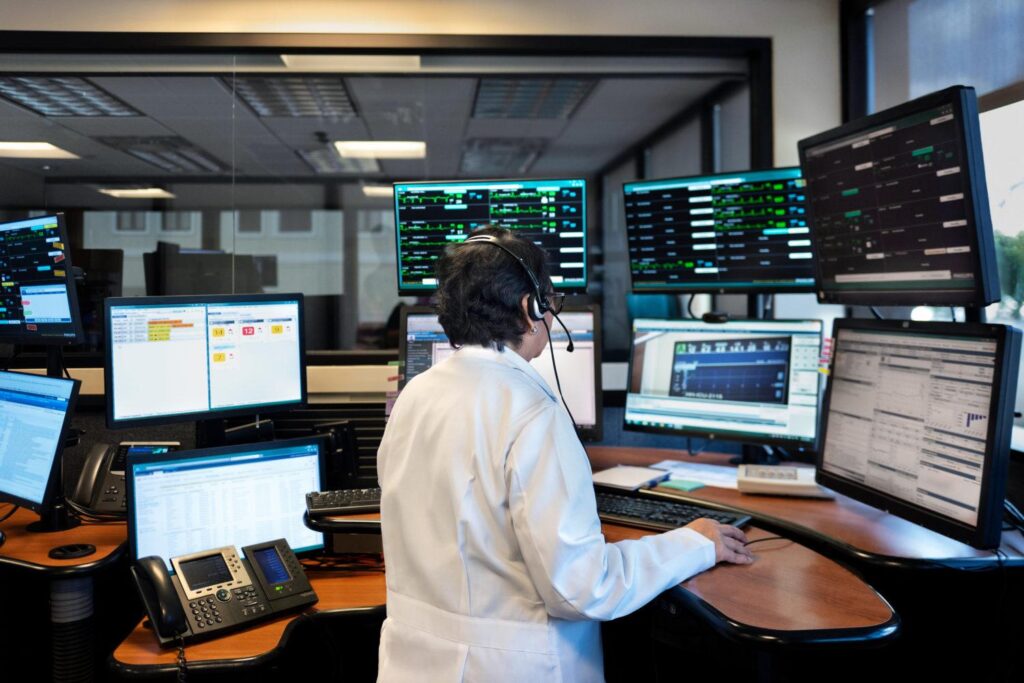

In recent years, technological advances have revolutionized the healthcare industry, introducing innovative solutions to improve patient outcomes.
One such innovative advancement is the implementation of tele ICU services, a remote monitoring system that provides critical care expertise to patients in various healthcare settings.
This article explores the countless benefits of tele-ICU services and their positive impact on patient care.
Immediate access to critical care experts

Source: theshift.usacs.com
One of the main advantages of tele ICU Services is the ability to provide immediate access to critical care experts regardless of the patient’s physical location.
Through real-time audio and video communication, intensivists can evaluate patients remotely, collaborate with on-site healthcare teams, and make informed decisions promptly.
This rapid response can be crucial in emergencies as it significantly improves patient outcomes.
Continuous monitoring for early detection
Tele ICU services enable continuous monitoring of patients, allowing healthcare professionals to detect subtle changes in vital signs and intervene promptly.
This early detection of potential complications can prevent escalation of critical conditions, leading to better patient recovery and reduced mortality rates.
Round-the-clock surveillance also improves the overall quality of care, encouraging a proactive approach to the management of patients in intensive care units.
Optimized resource utilization

Source: philips.com
By leveraging tele-ICU services, hospitals can optimize utilization of scarce critical care resources. Remote intensivists can monitor multiple ICU beds simultaneously, ensuring that expert care is available to a greater number of patients.
This not only addresses staffing challenges, but also helps maximize the efficiency of existing healthcare infrastructure, ultimately benefiting a broader patient population.
Reduced length of ICU stay
Studies have shown that teleICU services contribute to reducing the length of stay of patients in the ICU.
Continuous monitoring and timely interventions facilitated by remote intensivists can speed up the recovery processallowing patients to leave the ICU more quickly.
This not only benefits the individual patient but also frees up ICU beds for other critically ill people, addressing the constant demand for intensive care services.
Improved collaboration and training

Source: aver.com
Tele ICU services promote collaboration between healthcare professionals, encouraging a multidisciplinary approach to patient care. Remote intensivists can share their expertise with on-site teams, enabling knowledge sharing and skill development.
This collaborative environment improves the overall competency of healthcare providers, positively impacting patient care not only in the ICU but throughout the healthcare facility.
Providing cost-effective healthcare
Implementation of tele ICU services can generate cost savings for healthcare institutions. By efficiently utilizing resources, reducing the length of ICU stays, and preventing complications through early detection, hospitals can achieve a more cost-effective care delivery model.
This cost-effectiveness can be particularly beneficial in health systems facing budget constraints, enabling better patient care without compromising financial sustainability.
Better patient and family engagement

Source: hitconsultant.net
Tele-ICU services not only focus on improving medical interventions, but also prioritize patient and family engagement. Remote connectivity enables seamless communication between healthcare providers, patients and their families.
Through virtual consultations, family members can stay informed about the patient’s condition, treatment plans, and prognosis. This increased transparency fosters a sense of trust and participation, allowing families to actively participate in the decision-making process.
Conclusion
Tele ICU services represent a transformative approach to critical care that brings specialized expertise to the bedside through remote monitoring and communication.
As technology continues to advance, tele ICU services are poised to play an increasingly vital role in shaping the future of critical care and redefining standards of patient care in various healthcare settings.







